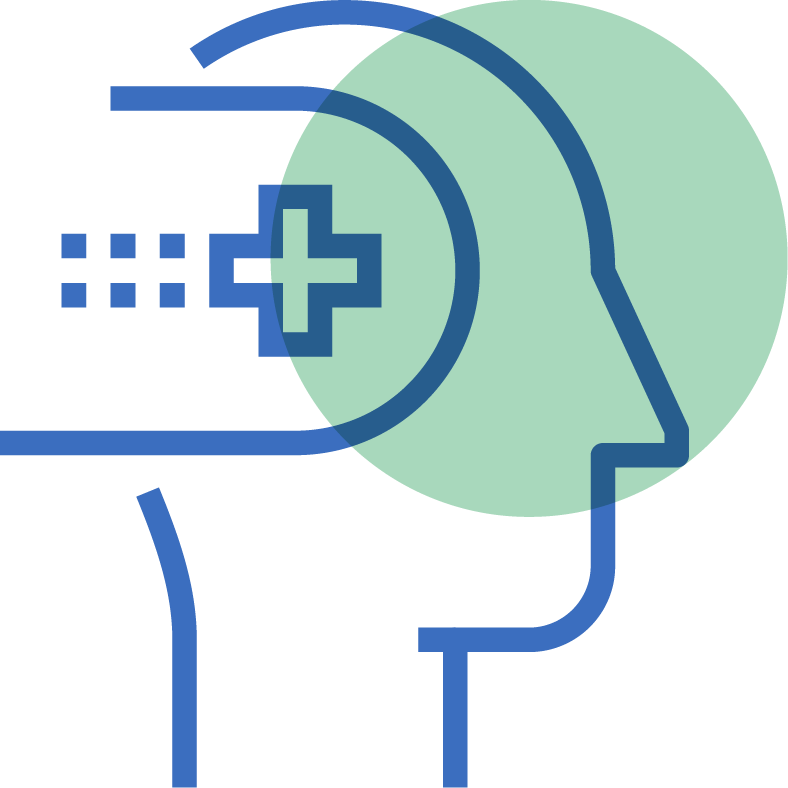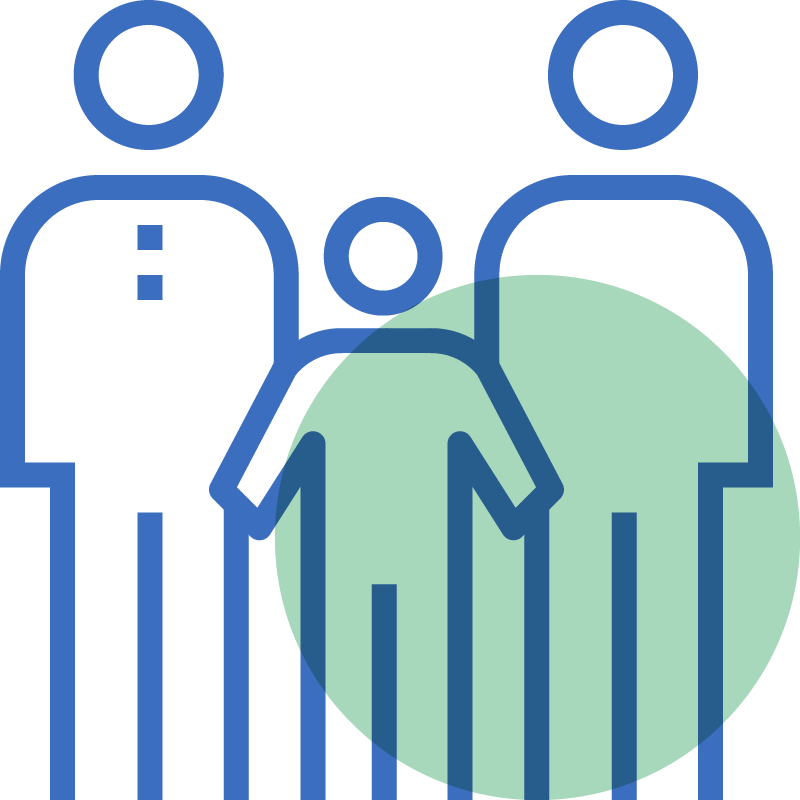Every day, 90 New Zealanders sustain a brain injury.
 Brain injury in brief
Brain injury in brief
Brain Injury (also known as Head Injury) is damage caused to living brain tissue. Medically it is referred to as Acquired Brain Injury (ABI), indicating that it is an injury that occurred after birth and is not related to a congenital disorder. An Acquired Brain Injury can be the result of trauma or of medical problems.
Whatever the cause, the resulting damage can impair the individual's abilities both physically and cognitively.
The causes
Traumatic Brain Injury (TBI) can occur when damage is caused to the brain by an external mechanical force. TBIs can range from mild to severe - concussion is the most common form of mild TBI.
In New Zealand, the most common causes of TBI are:
- Falls (38%). Find out more about Fall prevention.
- Mechanical forces (21%)
- Motor vehicle accidents (20%)
- Assault (17%)
The effects
Medical problems causing brain injury include aneurysm, brain tumours, subarachnoid haemorrhages and stroke. It also includes brain injury that may be sustained by alcohol and drug abuse.
Everyone is different in the way that they react to a brain injury.
Some may experience a period of unconsciousness lasting minutes, days or in some cases months. Others who suffer a mild concussion may not experience any loss of consciousness.
No one can be sure of the eventual outcome because the brain is so complicated. Recovery depends on a lot of things: for instance the severity of the injury and the 'knock on' effect of bruising inside the brain.
Most people with brain injury keep getting better slowly over many months, even years, but that could mean just getting better than they are now. Some people never recover to become exactly as they were before the accident.
It all depends on which parts of the brain were damaged and how badly.
Many suffer ongoing problems
A brain injury may effect a person physically and socially, as well as impacting cognition, memory, sensory perception, personality and the ability to communicate.
Ongoing problems may include:
- Cognitive problems e.g. difficulties with thinking clearly, maintaining concentration, problem solving and completing projects.
- Memory problems particularly with learning and remembering new information.
- Physical problems e.g. with sense of balance, fatigue causing reduced mental and physical stamina, slower reflexes and headaches.
- Sensory problems e.g. lower tolerance to light and noise, or problems with taste, smell and touch.
- Communication difficulties making it difficult to express yourself and understand others.
- Personality changes e.g. irritability, intolerance, depression, anxiety, socially inappropriate behaviour and mood swings.
- Loss of contact with friends and associates.
 It is also a family problem
It is also a family problem
A brain injury doesn't only affect the individual, the whole family is affected.
Families face many difficulties including:
- The shock of the initial brain injury which can involve coping with intensive care treatment.
- Relationship problems.
- Financial problems.
- Legal problems.
- Isolation.
- Dealing with ACC, hospitals, WINZ and other agencies.
- Adjusting to the changes in the person with brain injury and how these may affect other family members and friends.
- Stress related to caring for the person.
